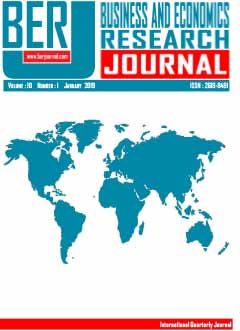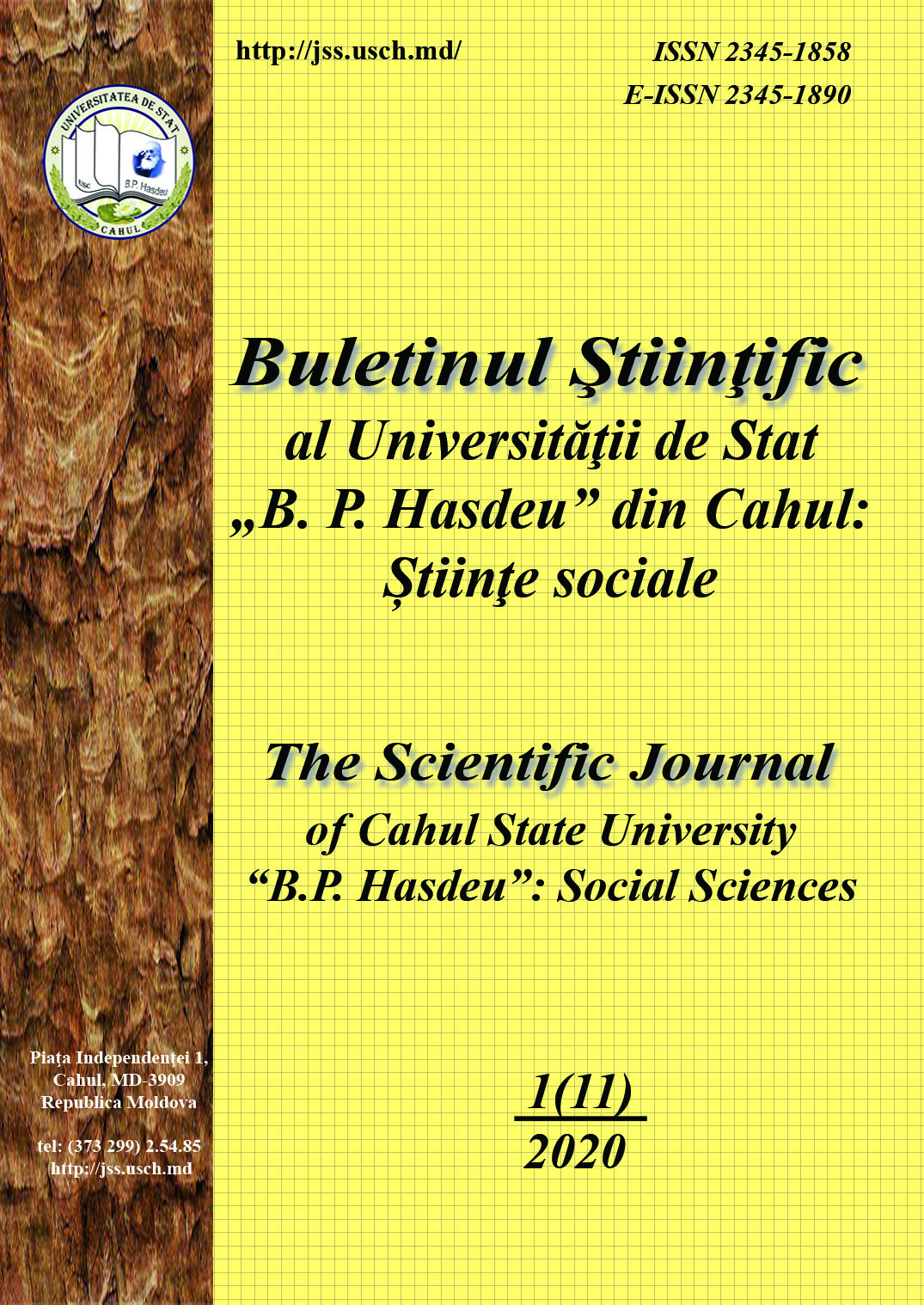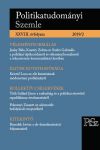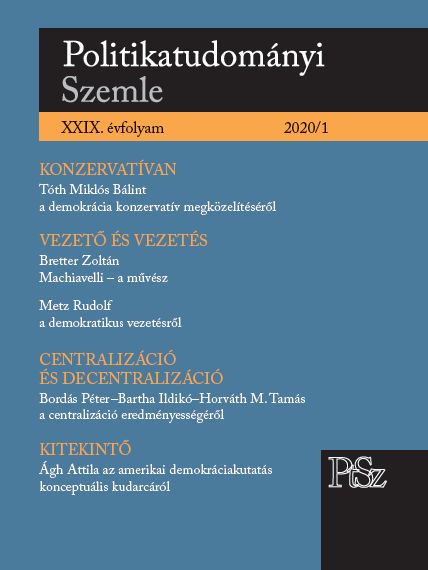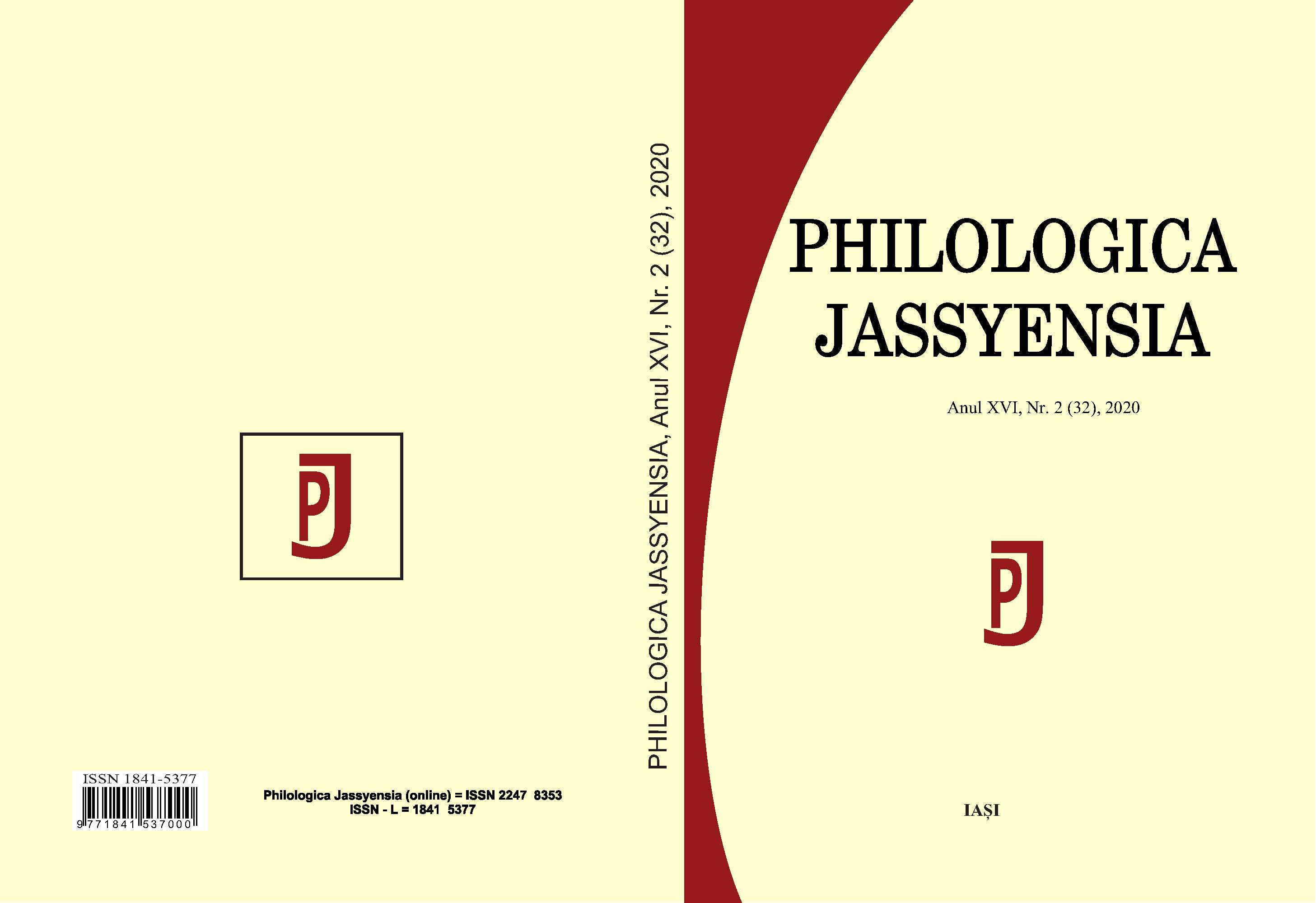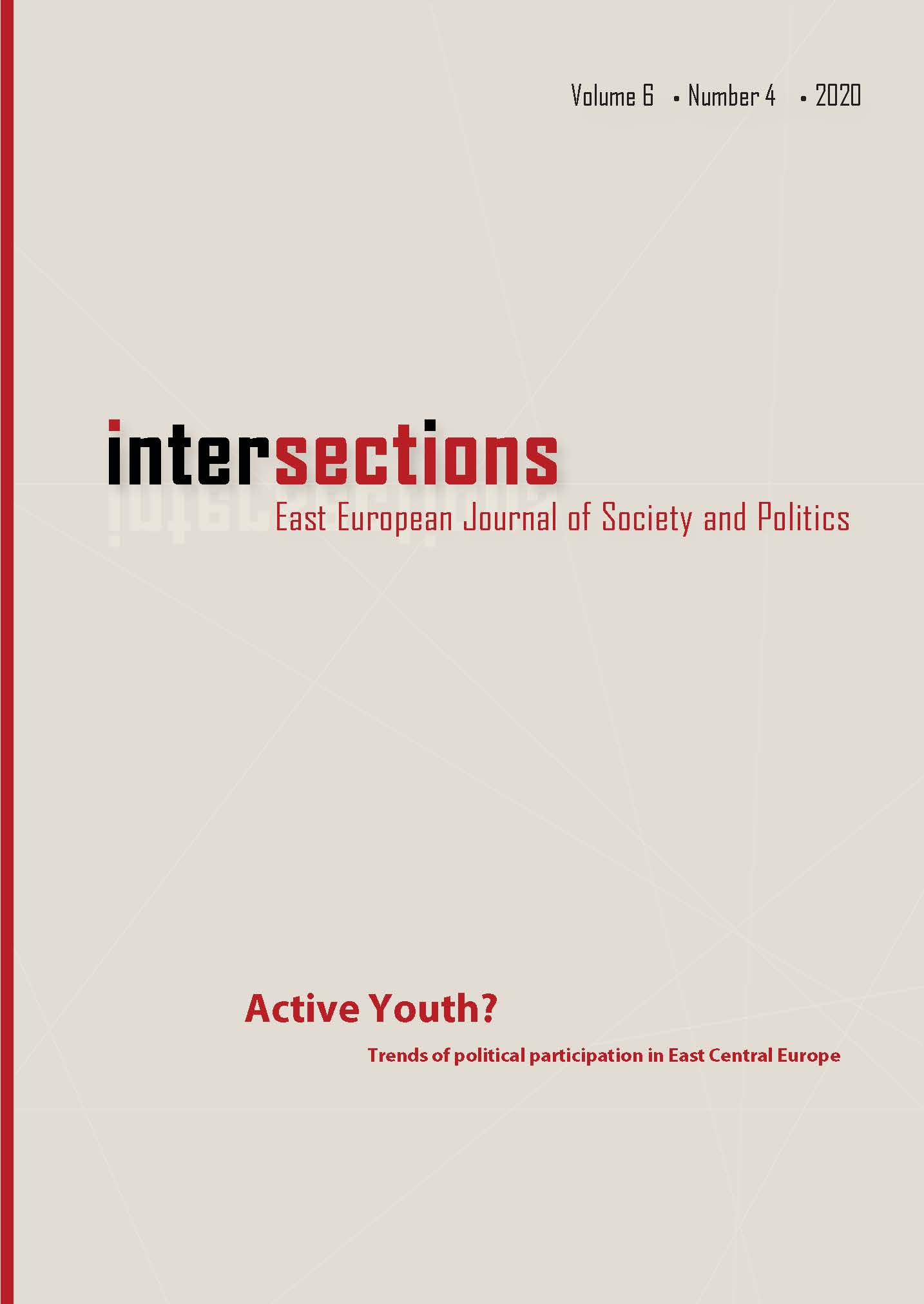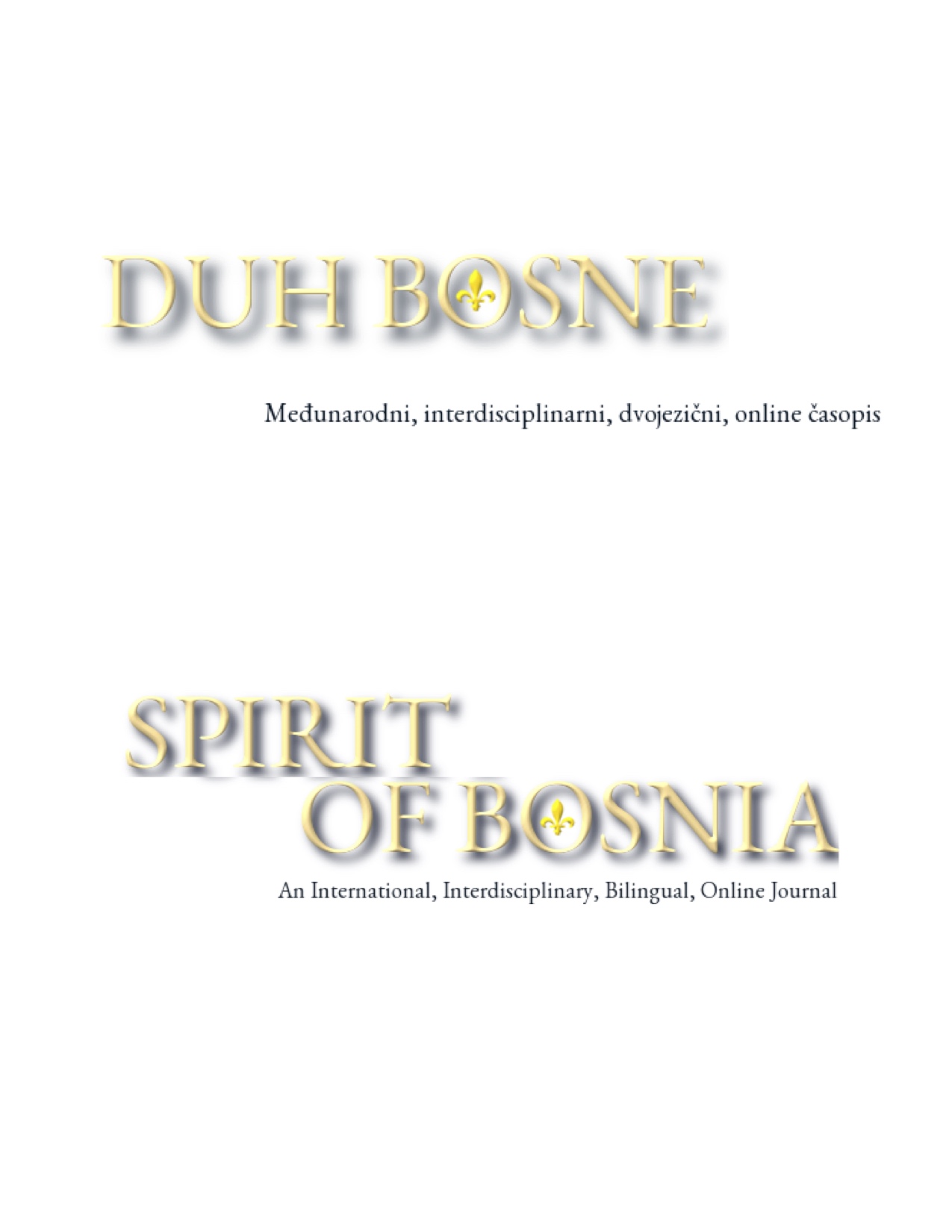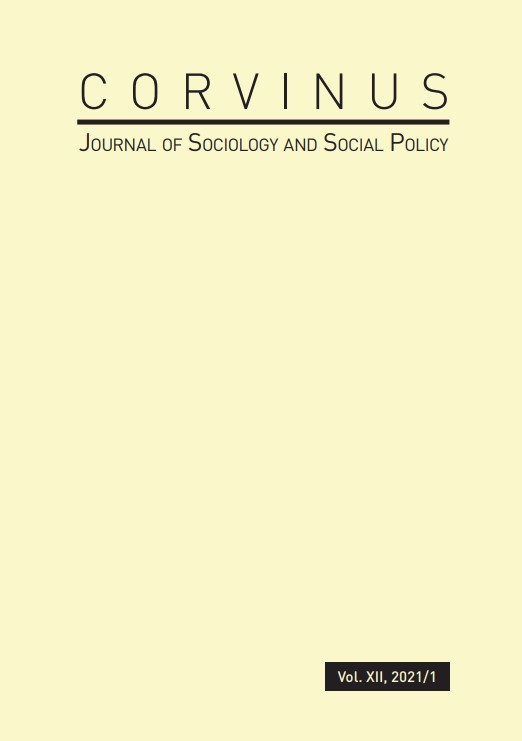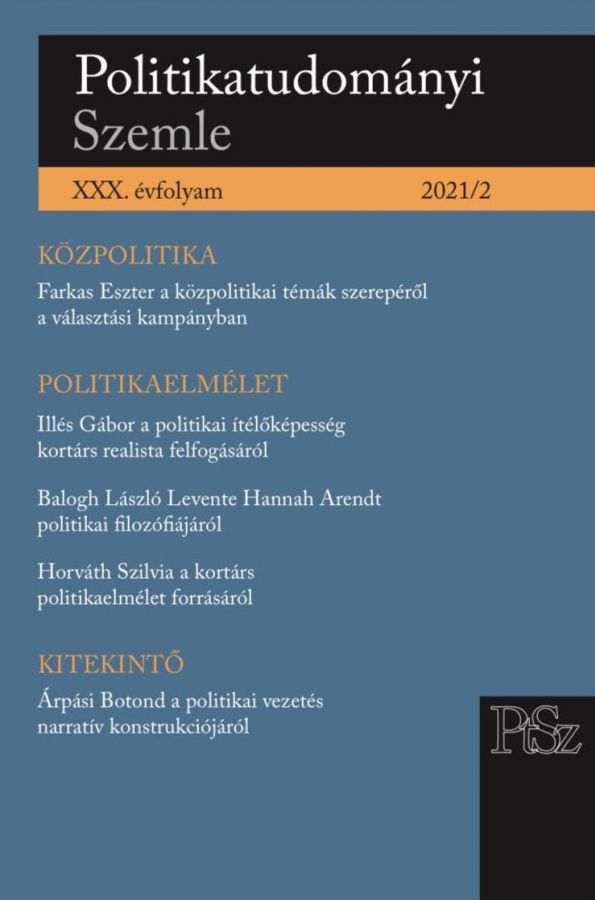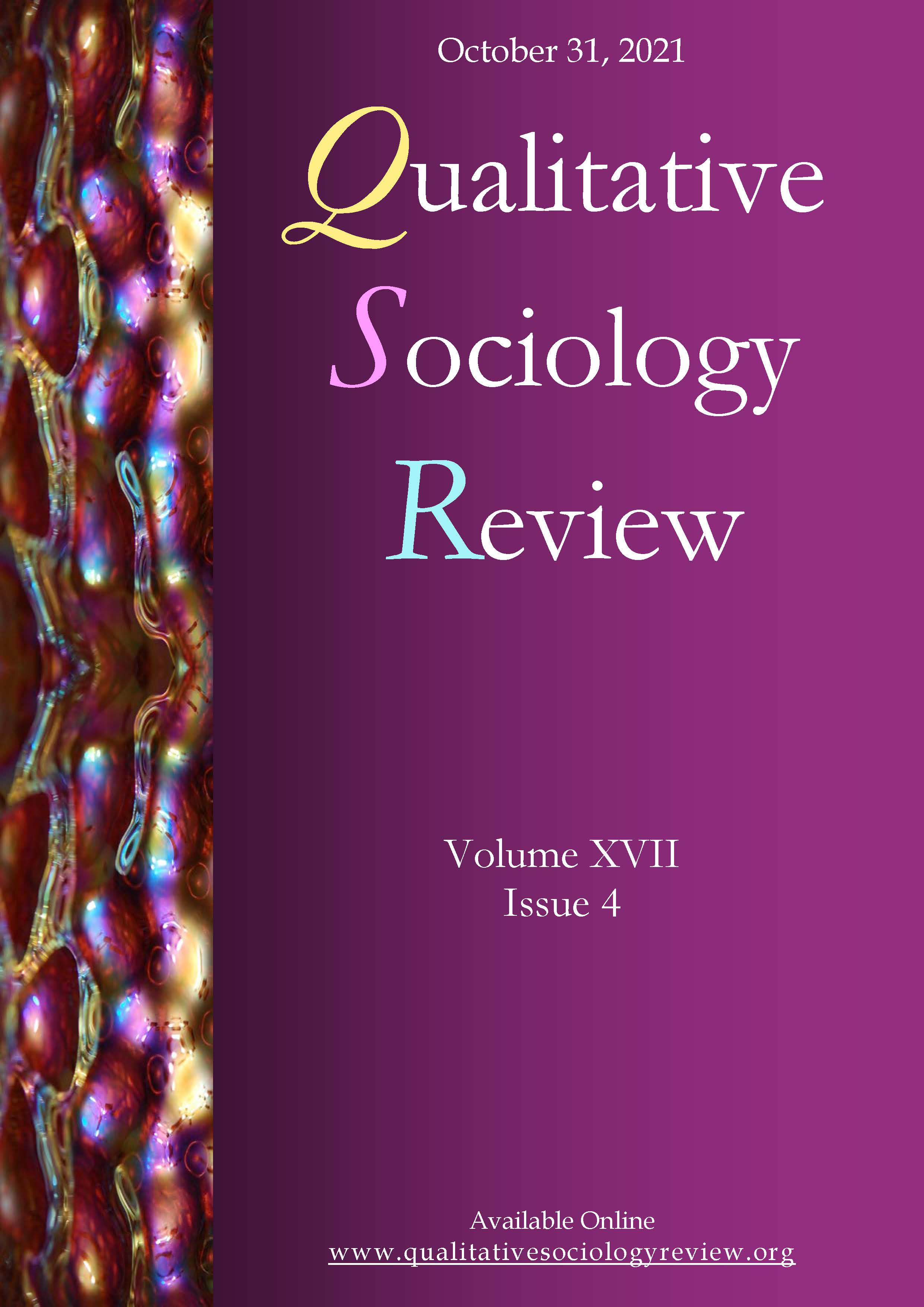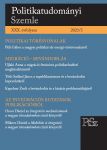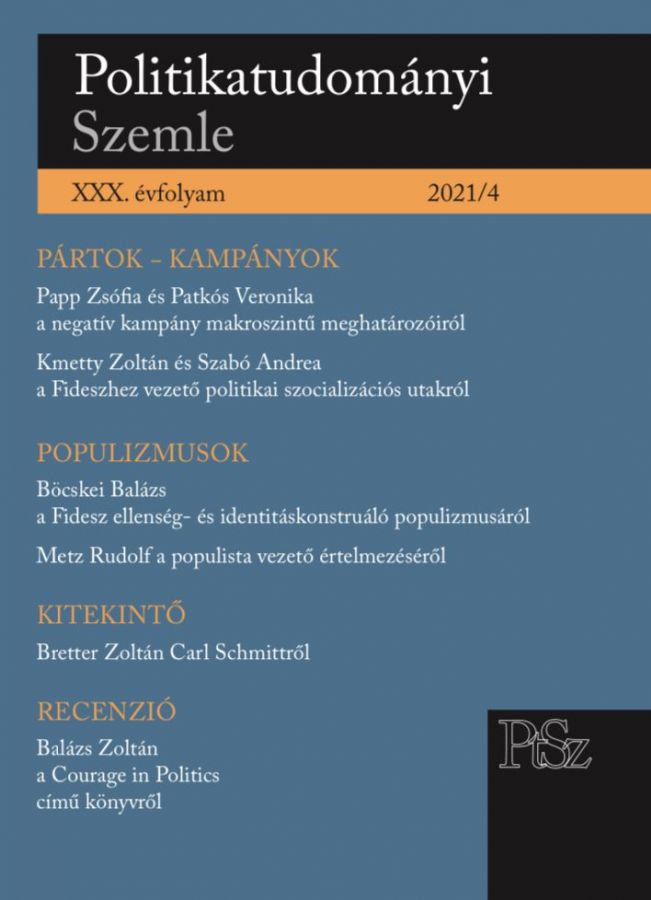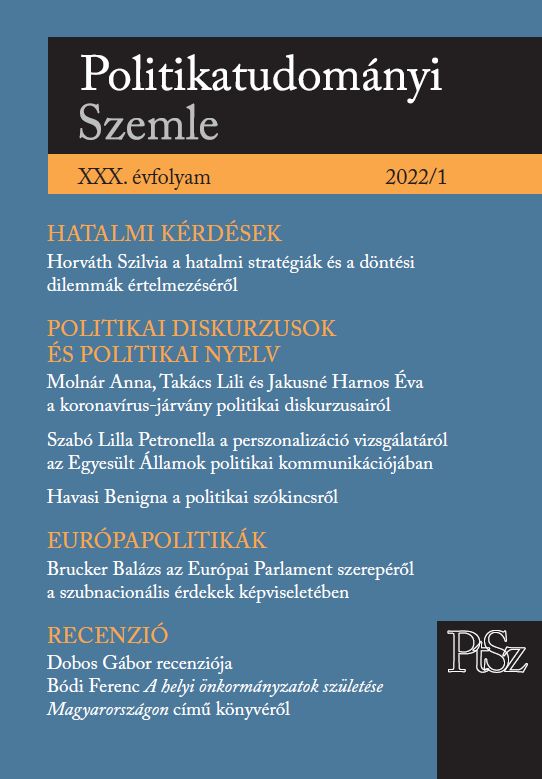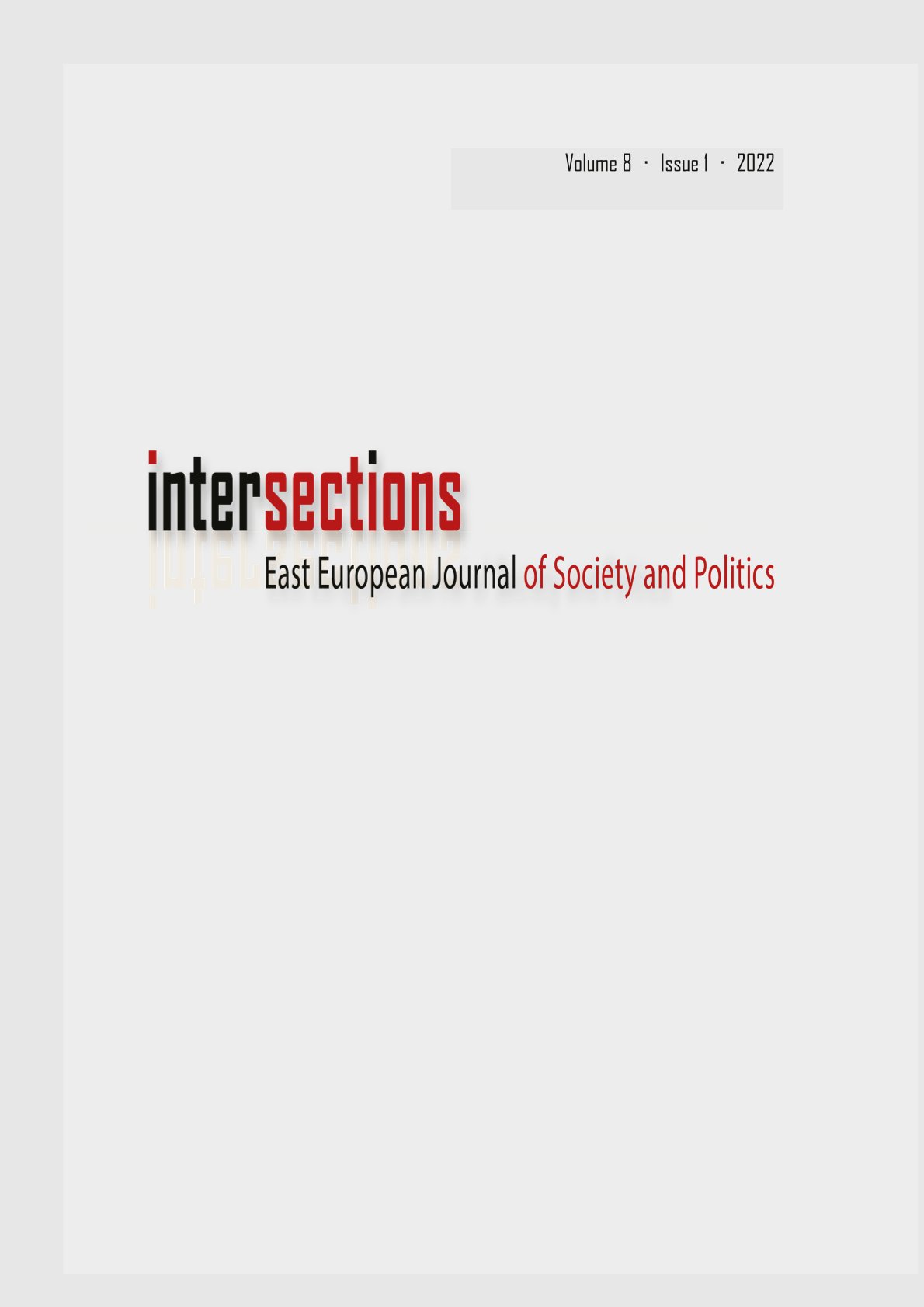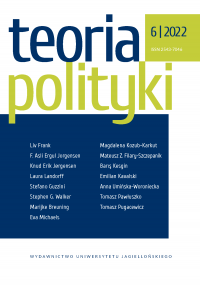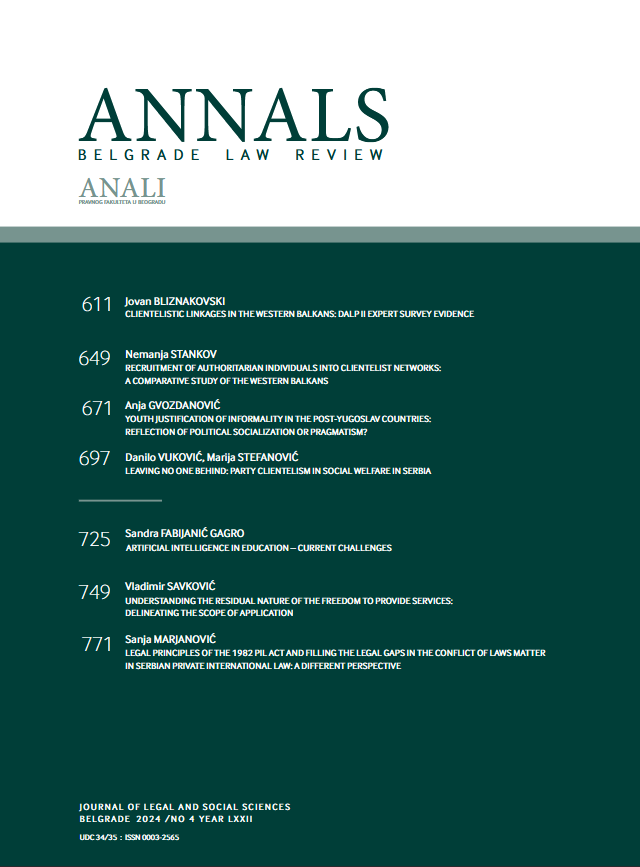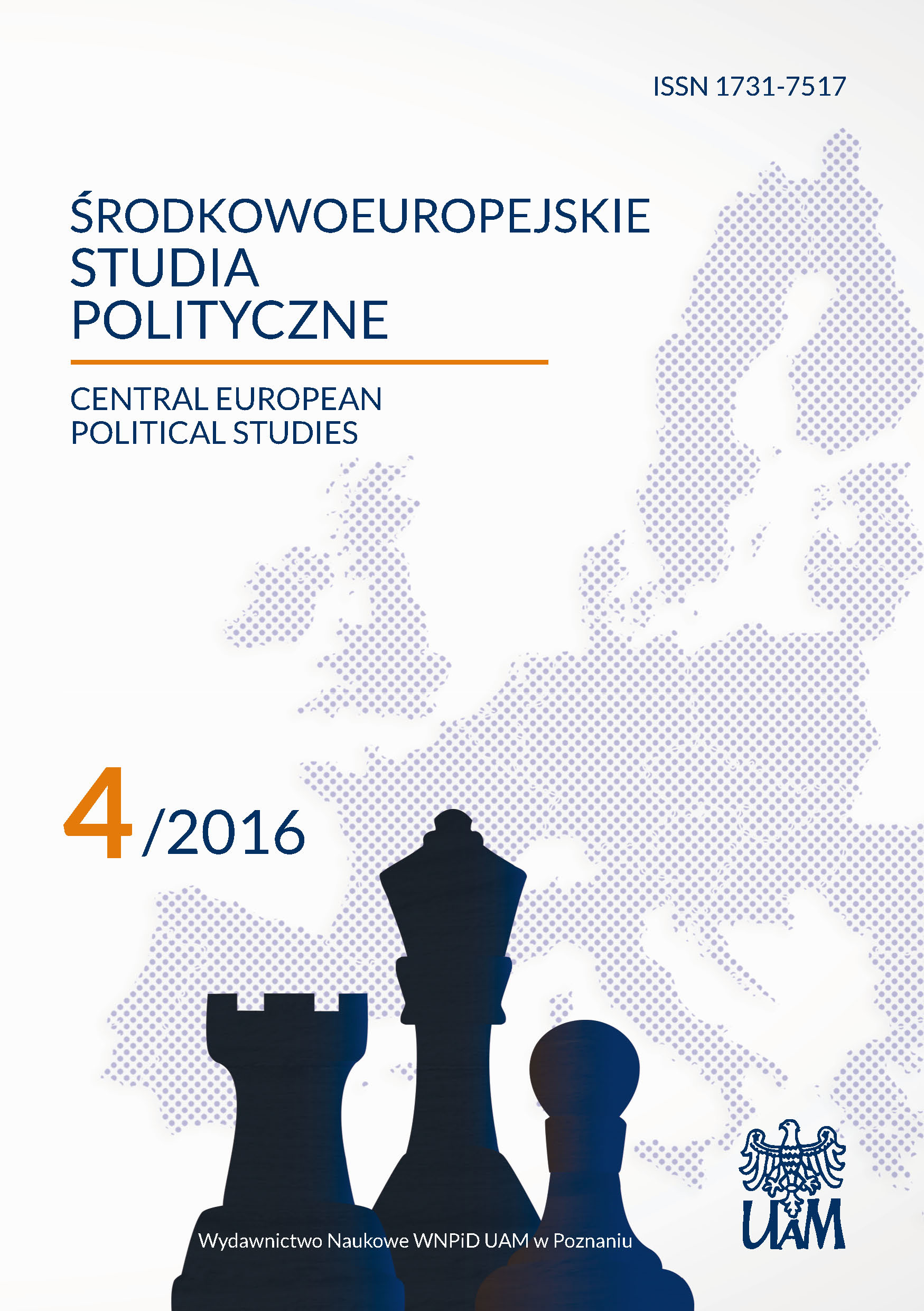
Urząd pełnomocnika ds. równego traktowania jako element walki politycznej w Polsce
The Office of the Plenipotentiary for Equal Treatment was established to strengthen the practice of egalitarian. While in Poland, the office has more than 30-year old, its position and influence on legislation and social life are unsatisfactory. This is a consequence of the politicization of the office and giving the ideological context to its functioning. This is evidenced by the changing names and personal details. Until the Prime Minister decides who performs this function, the Office of the Plenipotentiary will remain as a part of the political game. This article is an attempt to approximate this problem by analyzing the changes that have occurred over three decades in the functioning of the Office.
More...
